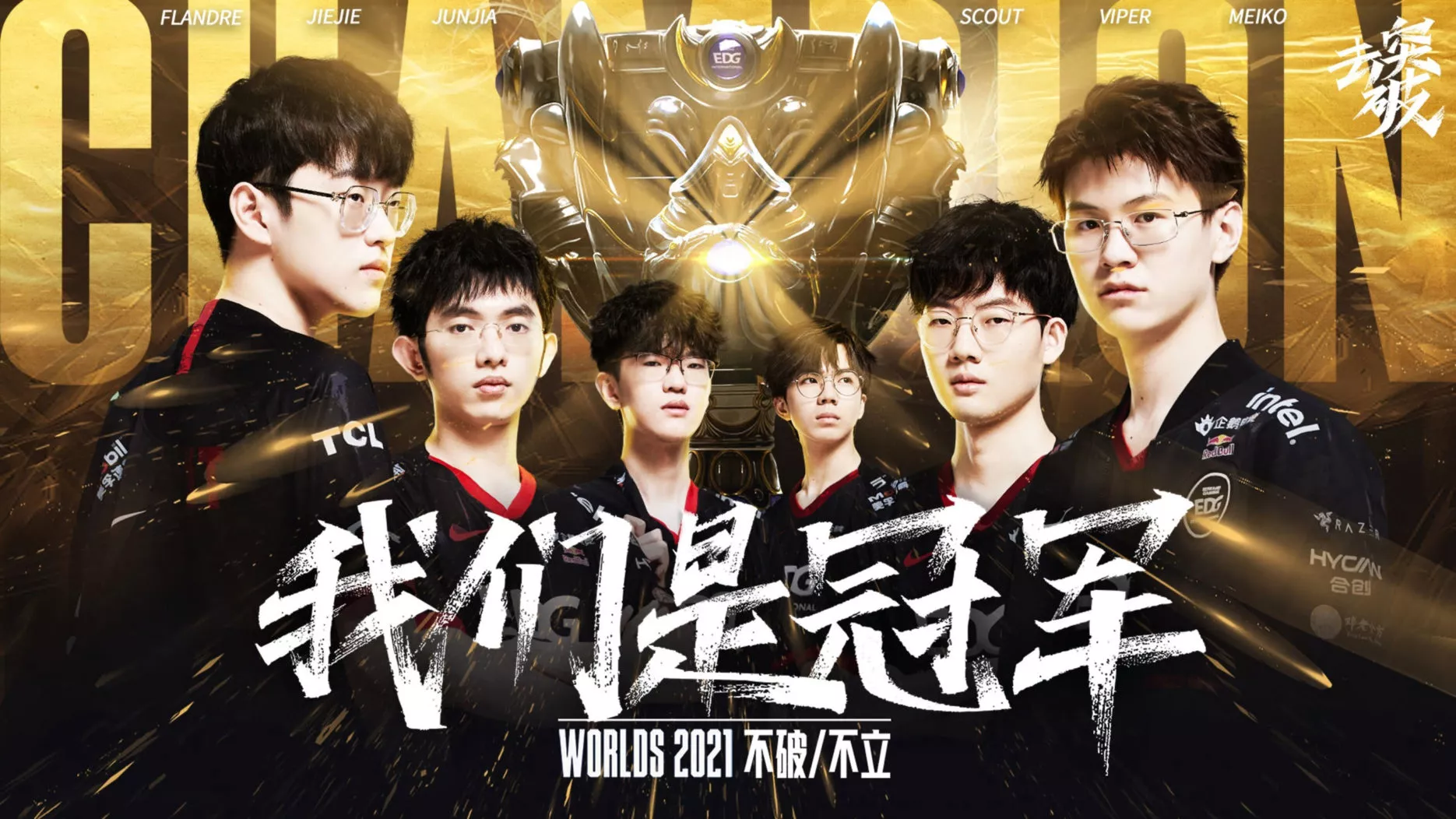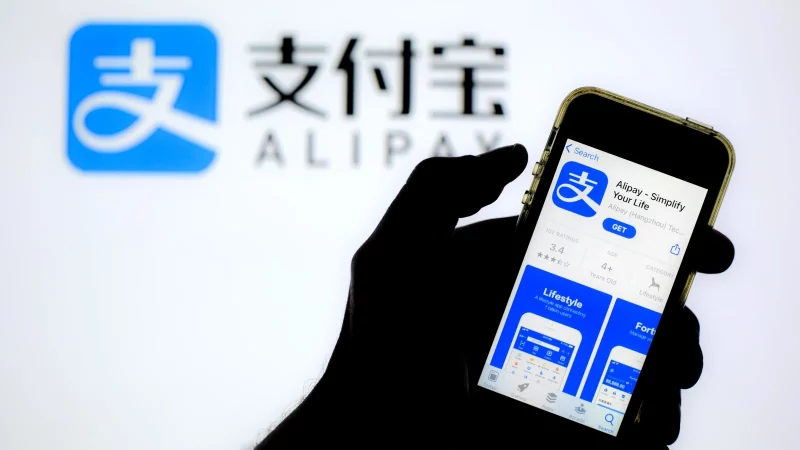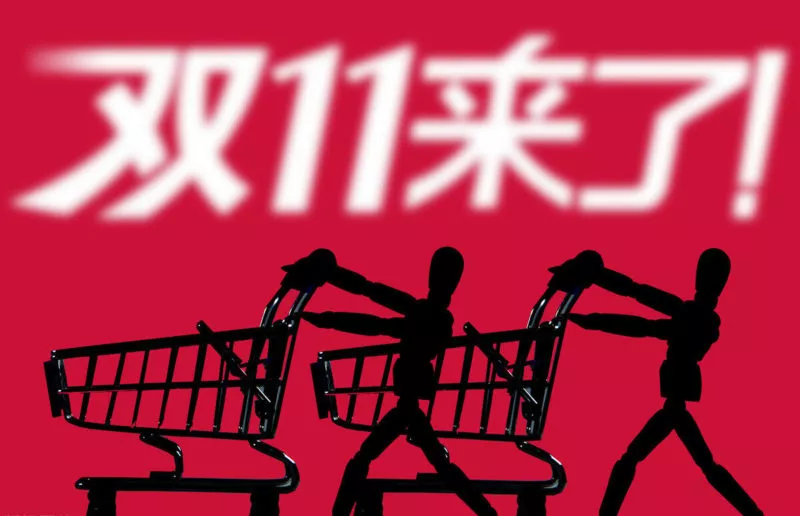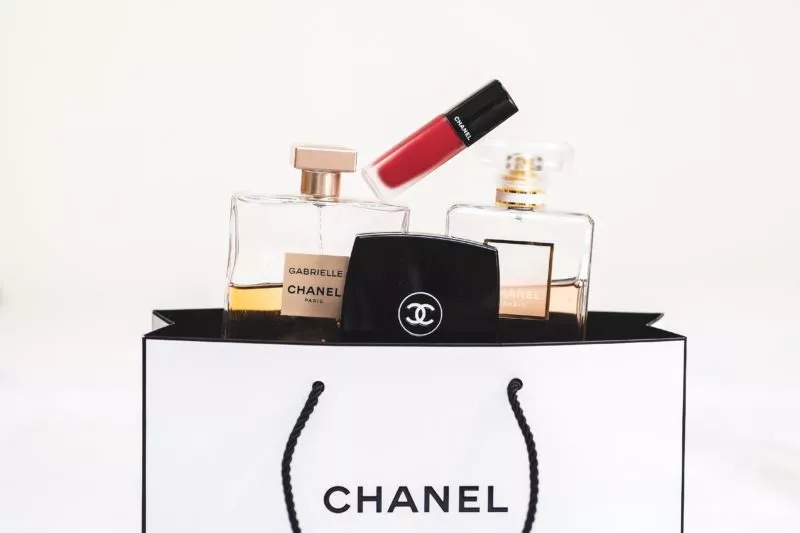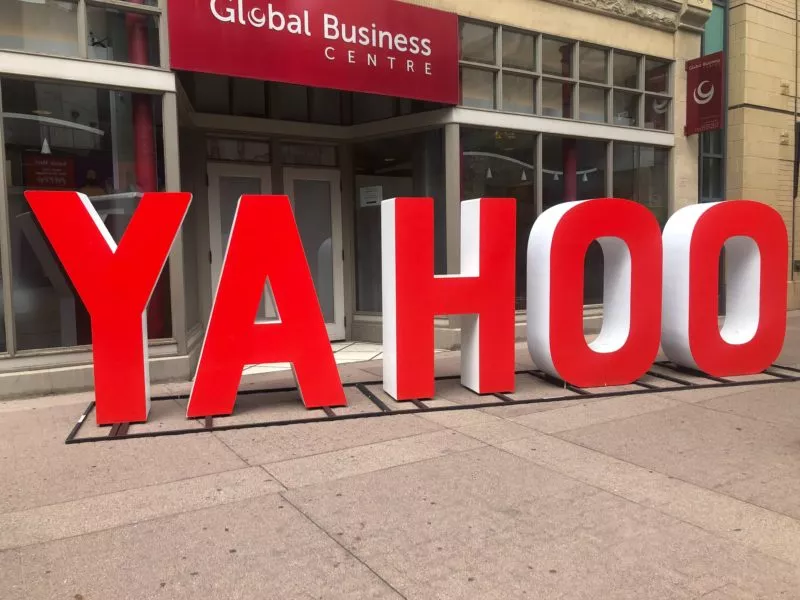On 7 November midnight (Beijing Time), China’s League of Legends squad “Edward Gaming” won the 2021 World Championships, with hundreds of millions of Chinese esports lovers watching the game streamed from Iceland.
China’s appearance in the finals has aroused national interest in esports, with this win a sign of Chinese excellence in another competitive area of global events. Over 500 million Chinese people watched the livestream on Bilibili alone, China’s version of YouTube, with many others viewing on a host of platforms.
Others crowded in pubs, restaurants, internet café, shopping malls, and even on the streets to watch the phenomenal esports game broadcasted on the public screens. Within 24 hours before the game, “EDG” (Edward Gaming) was searched 6000% more times on Baidu (China’s Google) than last year.
Tencent’s QQ, a popular instant communication app amongst young people, even experienced intermittent breakdowns during the weekend, such as the frenzy and excitement towards the Chinese esports team. At the time of writing, posts with the hashtag #League of Legend S11# have been viewed over 9.5 billion times on Weibo.
With this level of success and national spotlight afforded, the already large market of video games and more importantly, that of esports as a career, have become a real possibility within China.
Esports is gaining a solid foothold in China with three main driving forces behind this push. Firstly, games like League of Legends are already very popular and still growing in the market, with these tactical team games being the focus of most major esports events globally.
Secondly, China has recognised esports as a sport and a career option. Eight esports titles have been confirmed as medal events on the 2022 Asian Games in Hangzhou, including League of Legends, Dota 2, and FIFA.
Thirdly, and most importantly, the financial backing from companies looking to leverage this new market is what has made these careers possible. With large-scale brands able to finance teams to hone their skills, as well as promote and advertise the events, there is an ability for them to make money and therefore open this market.
The crowned team EDG is owned by the eldest son of Hopson Development’s founder, Zhu Mengyi. Hopson is the first Chinese real estate company whose sales reached 10 billion RMB ($1.56 billion), and who planned to acquire half of Evergrande’s stock in its property unit last month.
Zhu’s son founded the EDG squad in 2013 and received sponsorships from ten major companies for this World Finals, including Tencent, Intel, Red Bull, and TCL. Sponsorship is a major income for esports clubs, and they come from optimism for the fast-growing market.
In China alone last year, esports sales reached over 136.5 billion RMB ($21.35 billion), increasing by 44.16% year on year whilst esports gamers also increased to 488 million people, up by nearly 10%, indicating a great potential to tap into.
This extensive increase in uptake financially and by the younger generation is the driving factor behind the success of an esports culture and work-life. By having such a backing, they are able to appeal to large companies who can utilise their income and expertise to advance these games further and ultimately make large profits off of them.
The Chinese esports market seems destined to expand over the coming years and it will be a question of just how rapidly it does so, with companies pushing further into what is a rather safe new market.
Read more:




